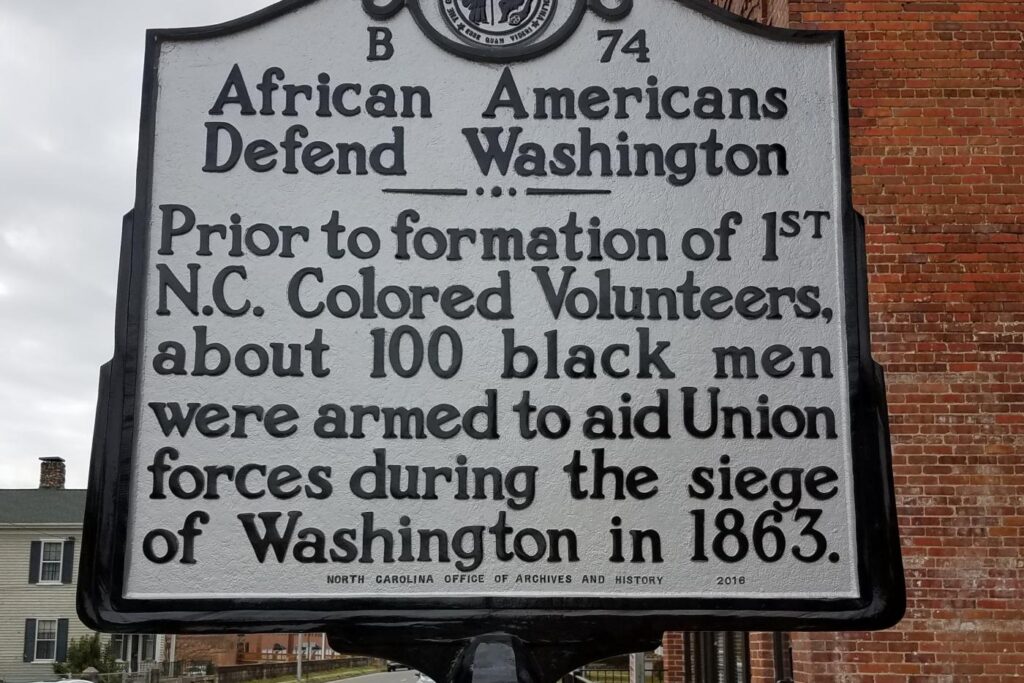
Introduction
‘Washington Black’, a novel by Esi Edugyan, has captured the hearts of readers since its release in 2018. The book dives deep into themes of freedom, identity, and resilience, set against the turbulent backdrop of 19th-century slavery in the British Empire. The importance of this novel lies not only in its gripping narrative but also in its powerful exploration of the historical and social issues that continue to resonate today. With a blend of adventure and personal transformation, Edugyan’s work has been lauded as a significant contribution to contemporary literature.
Synopsis and Themes
‘Washington Black’ follows the life of George Washington Black, an enslaved boy who unexpectedly becomes the assistant to an eccentric scientist, Christopher “Titch” Little. As they embark on scientific explorations and adventures that take them across the globe—from the sugar plantations of Barbados to the icy wilderness of Canada and beyond—their relationship evolves, revealing layers of trust, loyalty, and betrayal.
The narrative highlights various themes, including the quest for identity, the struggle for freedom, and the complexities of humanity amid the moral contradictions of slavery. Edugyan’s rich prose brings to life the protagonist’s journey while examining the broader implications of a society built on oppression and the fight against it.
Critical Reception and Awards
‘Washington Black’ has received widespread critical acclaim. It was shortlisted for the Man Booker Prize and has won the 2019 Scotiabank Giller Prize, affirming its status as a poignant and powerful narrative. Critics praise Edugyan’s evocative storytelling and the way she intricately intertwines facts of history with imaginative elements. The novel has sparked discussions about race, history, and the implications of personal and collective journeys toward freedom.
Conclusion
‘Washington Black’ serves as a compelling reminder of the enduring legacy of slavery and the ongoing struggle for identity and self-actualization. As readers immerse themselves in Washington’s world, they are challenged to reflect on the complexities of human relationships and the impact of history on personal narratives. With the anticipated continued interest in historical fiction that addresses contemporary issues, ‘Washington Black’ remains a significant work for both literary study and casual reading. As discussions around race and historical context persist, this novel offers a critical lens through which to understand the past and its ongoing relevance in today’s society.



